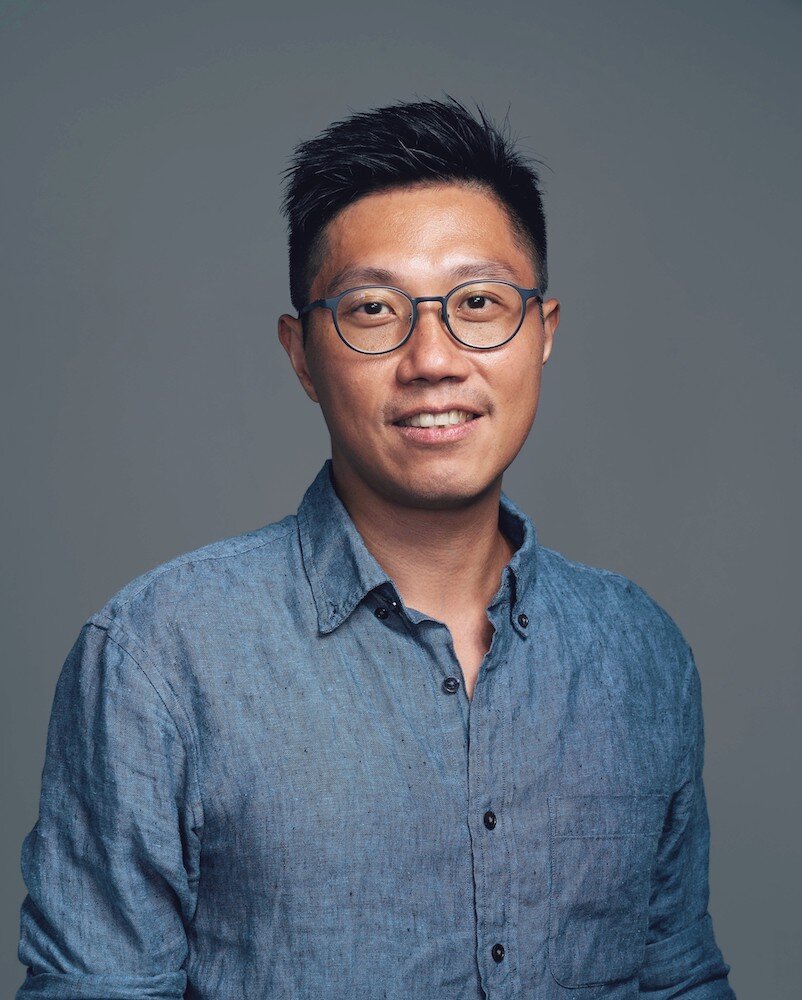Can Cameras Capture Mental Illness? A History of Science Perspective
Psychiatry continuously uses the most updated image technologies to study mental illnesses. This talk explores the relationship between cameras and mental illness by looking at how psychiatrists employed still and motion pictures to assist them diagnose and treat patients.
Taking a closer look at the development of film production and mental imagery experiments as cultural and scientific institutions, this talk examined the challenges scientists began to face when the paradigm of image was established to pursue positivist evidence informed by mechanical objectivity. Take psychological trauma, for example, over the past century, the empirical and heuristic aspects of trauma evolved into different scholarly fields. However, they were not evenly emphasized and experimental psychology became the mainstream institution to manage trauma in clinical settings. Harry Yi-Jui Wu argued that the limitations of image technology employed in brain sciences can be explained by re-emphasizing narratives explored in films.
About the Historian of Medicine
Harry Yi-Jui Wu is a historian of medicine. He was trained in medicine in Taiwan before obtaining his DPhil in modern history at the University of Oxford in 2012. His current research projects mainly focus on the transnational histories of mental health. His first book, Mad by the Millions: Mental Disorders and the Early Years of the World Health Organization, was published by MIT Press in 2021.
Before becoming Associate Professor at National Cheng Kung University, Wu taught at Nanyang Technological University and the University of Hong Kong between 2013 and 2020. In 2020, he was elected Early Career Fellow of Hong Kong Academy of Humanities. He is currently Co-Editor of the Journal of Social History of Medicine. He also sits on the board of East Asian Science, Technology and Society: An International Journal, and Taiwanese Journal for Studies of Science, Technology and Medicine.





